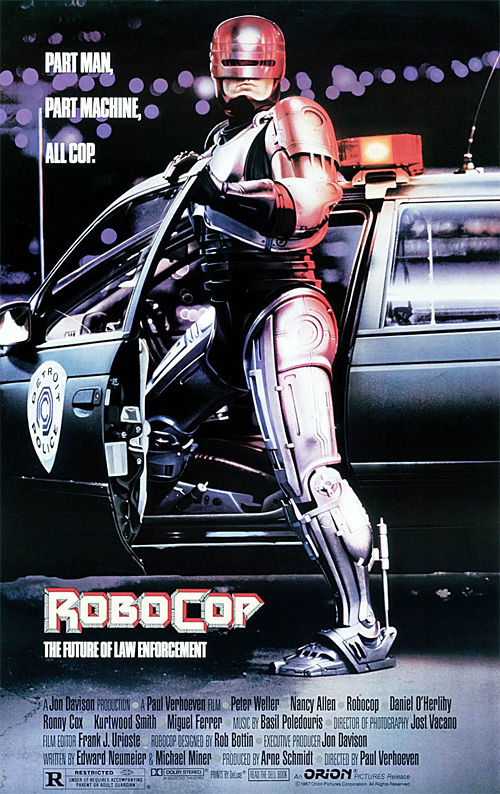
Going through the mundane, the Narrator is a man with a boring white-collar job, bossy boss, and has insomnia. He pours over home décor magazines, spending too much money and time on how his apartment defines him. To try to sleep, he goes to self-help groups of the addicted and dying. Surprisingly, this helps him sleep! Letting his emotions go and being included and cared for as if he was dying seems to release him. He gets addicted; he likes being in these exclusive groups.
Compared to Tyler Durden, the Narrator doesn’t seem like a really cool guy. He does what he’s supposed to do in society (work hard and then frivolously spend that hard earned money) and doesn’t seem to have very much inspiration or emotion outside of furniture and self help groups. Even when his precious apartment blows up, he doesn’t get very upset. In fact, he simply tells the audience that these things happen; he calmly calls Tyler, and the two go out for drinks. Whenever Tyler tries to get him to do something, he fights and argues, trying to hold on to the consumer and controlled side of his life.
There is so much more to him that makes him cool, though. His cool isn’t extreme and in your face like Tyler’s, it is quiet, unnoticed, but in the end very complex and powerful. While Tyler is the one who will take the lead, the Narrator is the one who will be in the crowd, backing you up, and keeping tabs on you. Although he seems to not care about anything, he does enjoy the self help groups, and he becomes very attached to Bob, watching out for him. The Narrator likes the bonding and trust that the people in these groups develop; he desires the close friendships. This caring is his strongest weapon of cool. Another cool characteristic of the narrator is his ability to be above Tyler’s influence. All of the other men in the Fight Club are like Tyler’s robot army; they do everything he dreams up with out questions. They can’t do anything without Tyler and have no independence. The Narrator is outside of Tyler’s power. Sure, he gives in most of the time, but he chooses to do so. In the end, when he realizes what Tyler is creating and organizing, the Narrator stands his ground. He is given the choice of either being consumed by Tyler’s character or remaining his own, and he chooses to fight, even if it brings his death.
To sum it all up, this movie portrays so many types of cool. It doesn’t stop there, though. Just as the Narrator discovers what he is made up of, I feel as if we all can discover a cool inside of us, and like the Narrator, we have the choice of what cool and what to do with it. Cool is the freedom to be who you want to be and to accept who you are. That is what I have concluded from this class. There isn’t just one type of cool. Whatever you chose, the only thing that matters is that you are confident and savvy about your decision.










 So, this week’s movie, Paris is Burning, was definitely an interesting one. I have seen perhaps one drag queen in my life (that I know of), and I really don’t know what I thought about that. I’m definitely ok with homosexuals (I mean, they are people, too), but seeing one where I couldn’t tell if the person was a he or she, that was…uncomfortable. And really, I am ignorant as to what to call them: he or she? I think we are all kind of lost when it comes to homosexuality, even the homosexuals. That is why this movie is interesting.
So, this week’s movie, Paris is Burning, was definitely an interesting one. I have seen perhaps one drag queen in my life (that I know of), and I really don’t know what I thought about that. I’m definitely ok with homosexuals (I mean, they are people, too), but seeing one where I couldn’t tell if the person was a he or she, that was…uncomfortable. And really, I am ignorant as to what to call them: he or she? I think we are all kind of lost when it comes to homosexuality, even the homosexuals. That is why this movie is interesting.


